There are four main components within DHS that hold immigration records:
(1) U.S. Citizenship and Immigration Services (“USCIS”);
(2) U.S. Immigration and Customs Enforcement (“ICE”);
(3) U.S. Office of Biometrics Identity Management (“OBIM,” formerly US-VISIT); and
(4) U.S. Customs and Border Protection (“CBP”).
If you are making your request by mail, you should include the notation “Freedom of Information Act Request” on the front of your envelope. This will help ensure that the responsible individual receives the request without delay.
USCIS is the most common place to submit an immigration-related FOIA request because USCIS keeps records of prior petitions and decisions and often has the Subject’s A-file. Do not submit your FOIA request to your local USCIS office, Service Center, or Lockbox. USCIS processes all FOIA requests at the National Records Center. The request can be submitted by letter request; Form G- 639 by email, mail, or fax; or by using the electronic DHS submission form.
DHS (USCIS) created an online fillable FOIA request form. This FOIA request form has a drop-down menu where the Requestor can select the component within DHS where the FOIA request should be sent. Through this online form, a Requestor can file a FOIA with USCIS, ICE, and OBIM, among others. The online form also allows the Requester to seek FOIA fee waivers and expedited service, if eligible. The online form remains unavailable for CPB FOIA requests, which must be submitted using CBP’s online form.
The CBP form permits Requestors to upload supporting files. If you are filing a FOIA request on behalf of someone else (not your minor child), you will need to attach either a signed Form G-28 (if you are representing the Subject) or a written notarized consent that will allow a third party to access the Subject’s records.
Form G-639 is NOT required. USCIS Form G-639 was created by DHS to make filing and processing FOIA requests easier, but it is an optional form. A FOIA request need only be in writing, state that the request is being made under FOIA, reasonably describe the records sought, and provide contact information for the Requestor. In some cases, you may not want to use Form G-639 and may choose to submit a letter request instead.
ILRC published a helpful FOIA guidance in November 2017 here.
Where FOIA requests can be filed: direct filing addresses for different federal agencies.
USCIS created a new Form G-639 with an issue date of April 17, 2017. Make sure you are using the correct form because previous versions are no longer accepted. The form is frequently updated, so always check for the latest version of the form at http://www.uscis.gov/g-639.
Most FOIA requests filed in individual immigration cases are free. Although federal agencies can recover certain costs, the first two hours of search time are free, and the first 100 pages copied are free. Additionally, agencies currently do not charge at all if the total amount is $14.00 or less. By submitting a FOIA request, the Requestor is agreeing to pay all applicable fees up to $25.00, should the costs go over what is provided for free. The Requestor will be notified if she owes any money up to $25.00, and is ordinarily expected to pay that amount before the agency sends the requested documents. If the Requestor does not wish to agree to $25.00 upfront, the Requestor can specify a greater or lesser amount when making the FOIA request and/or by submitting a fee waiver request. Most of the online submission forms take this into consideration and require the Requestor to state the maximum amount that she will pay.



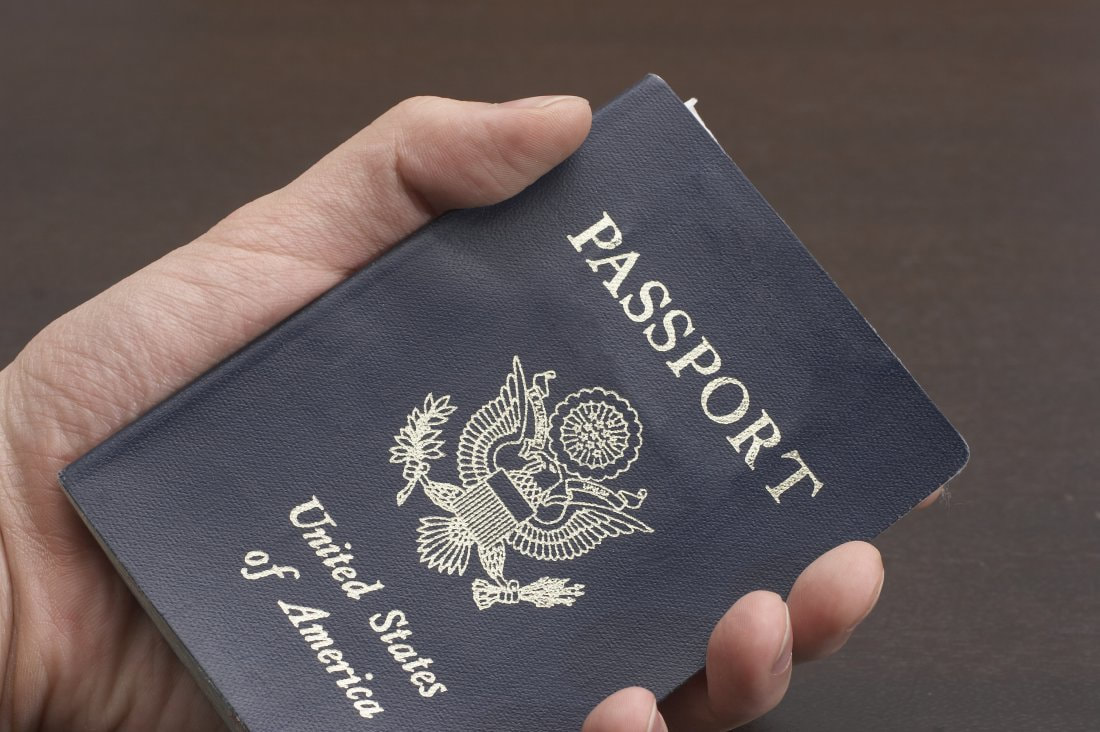


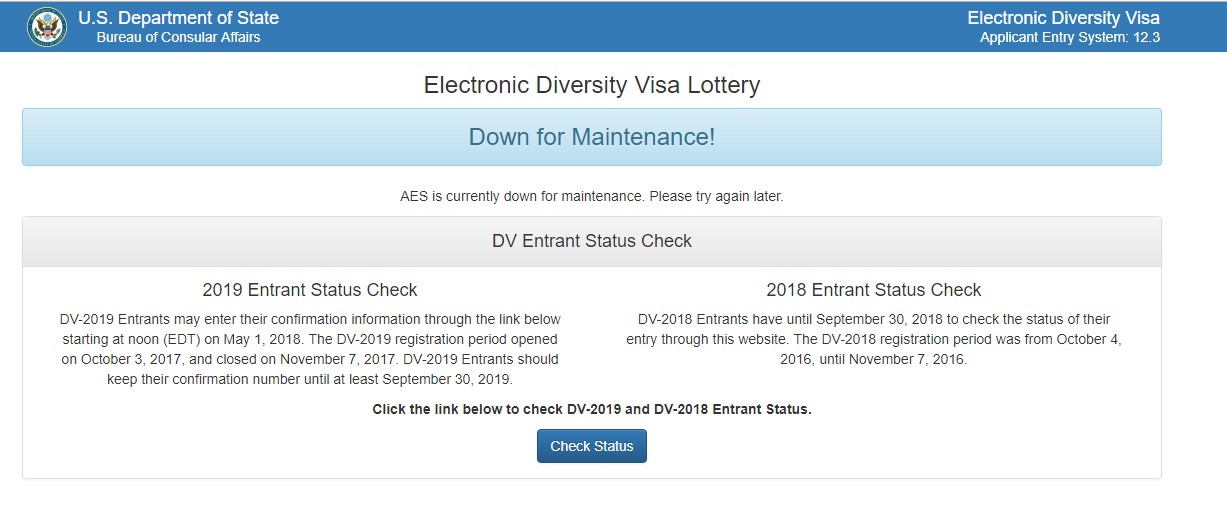
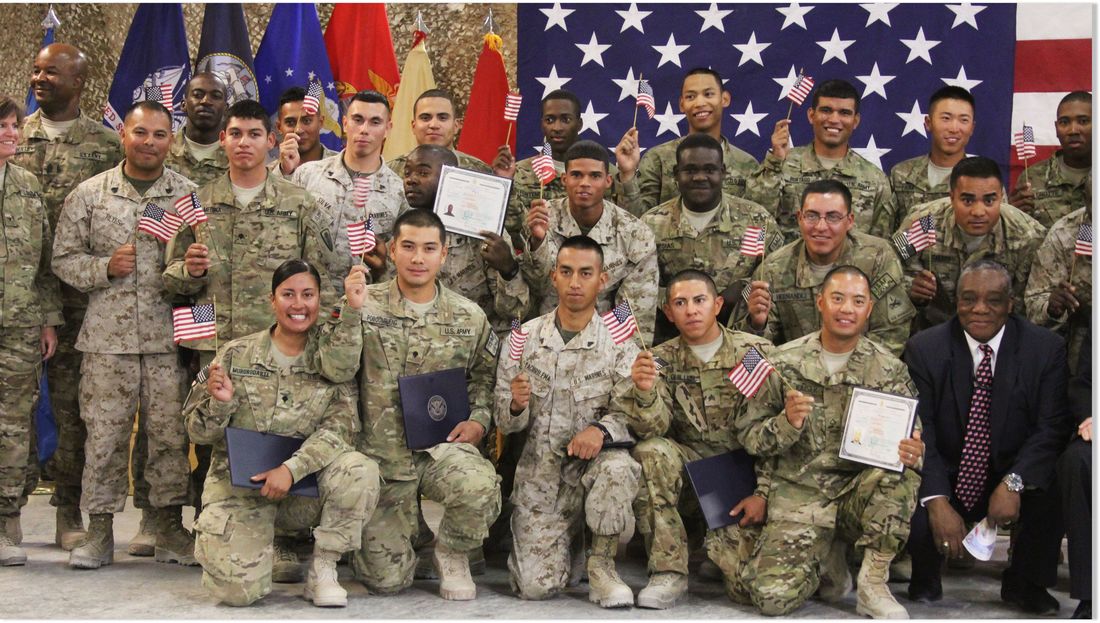

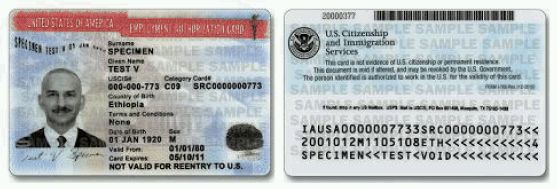
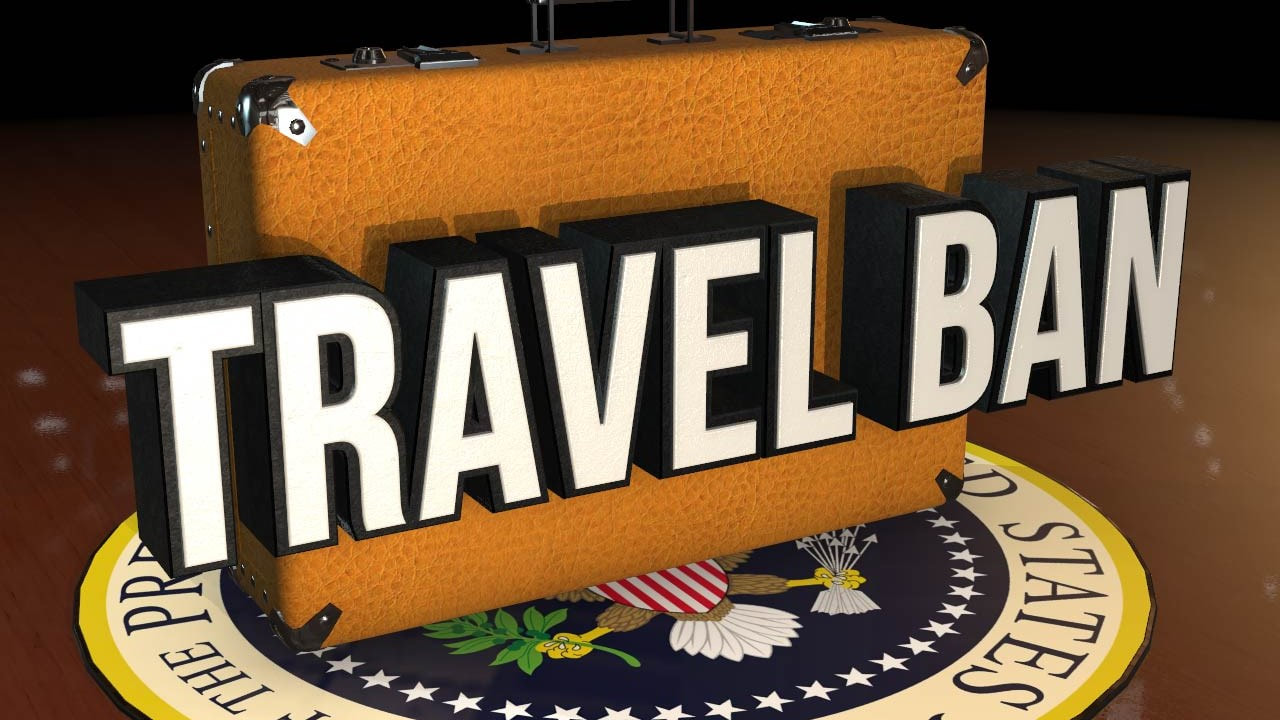
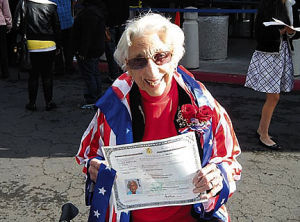



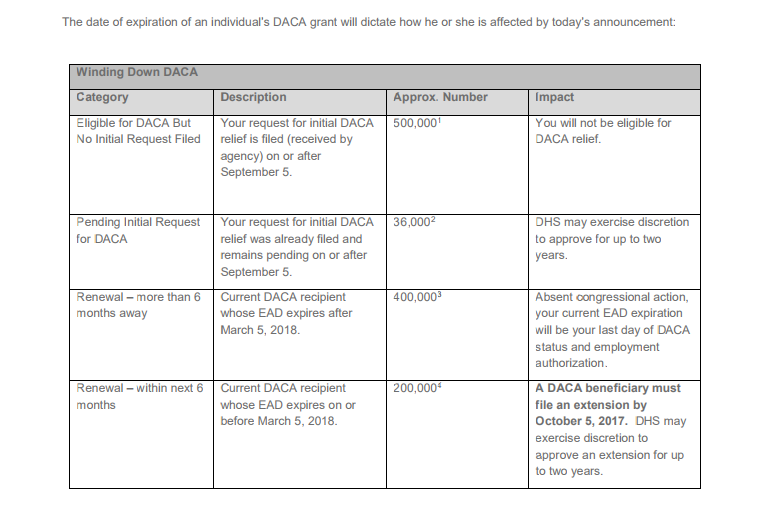



 RSS Feed
RSS Feed